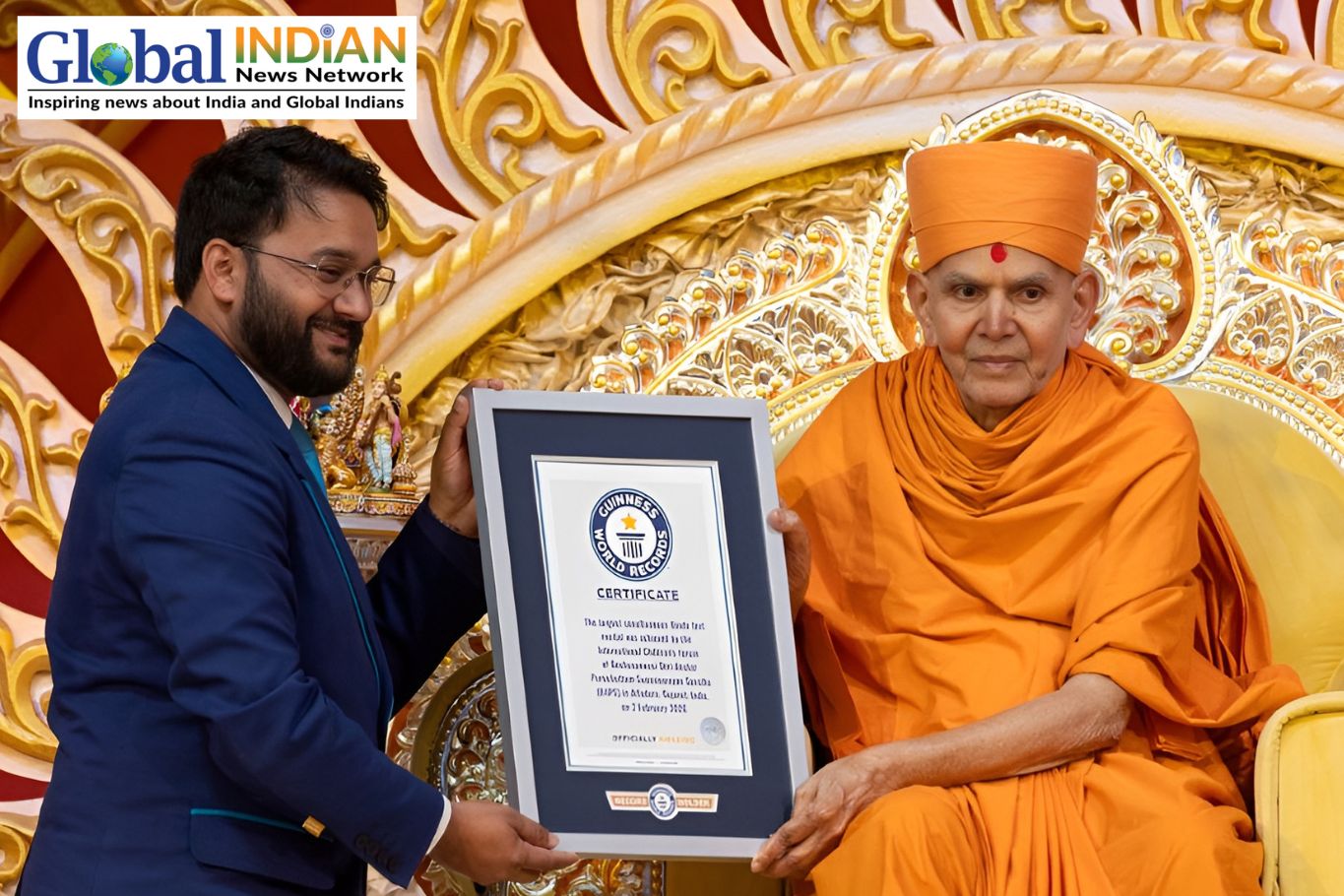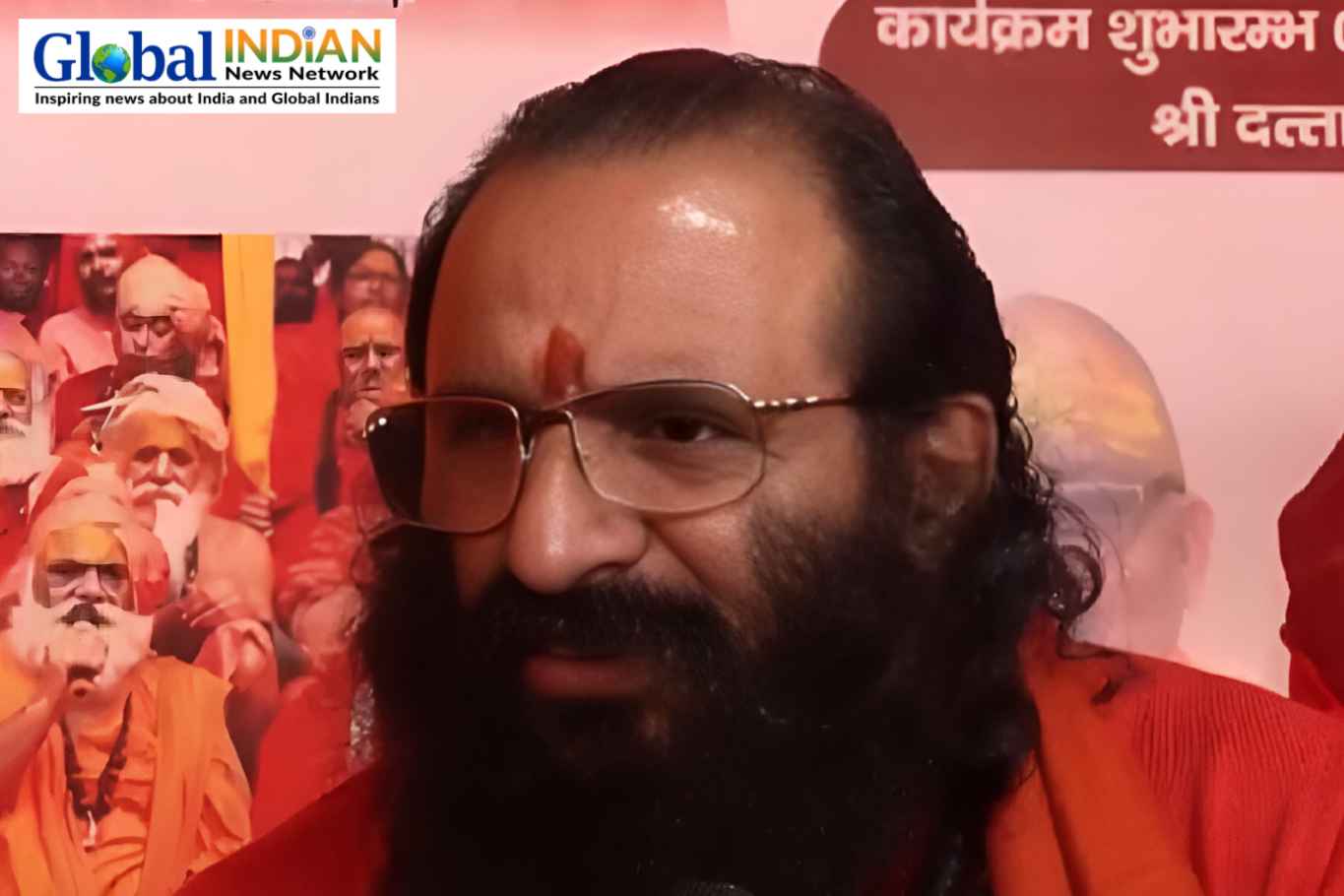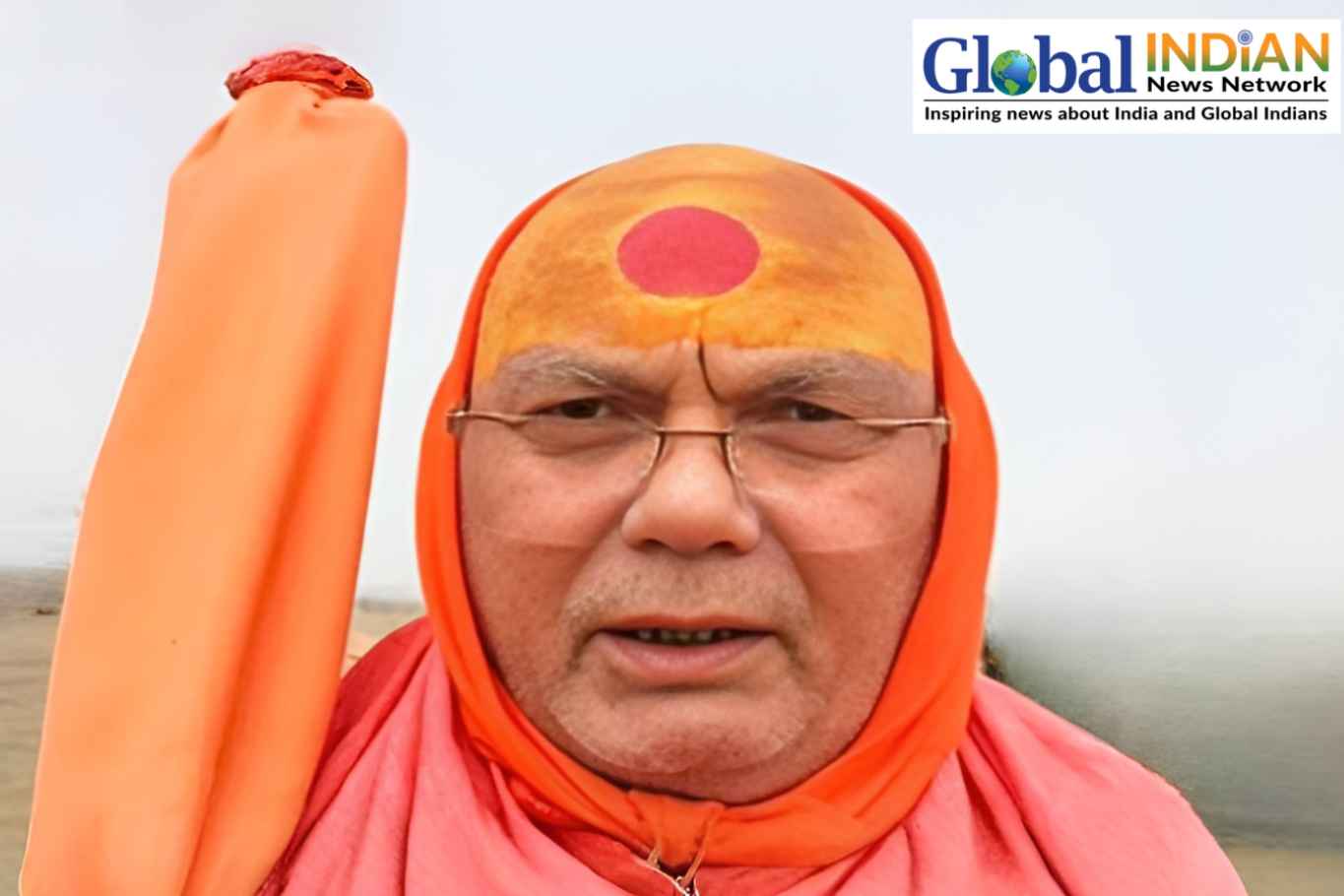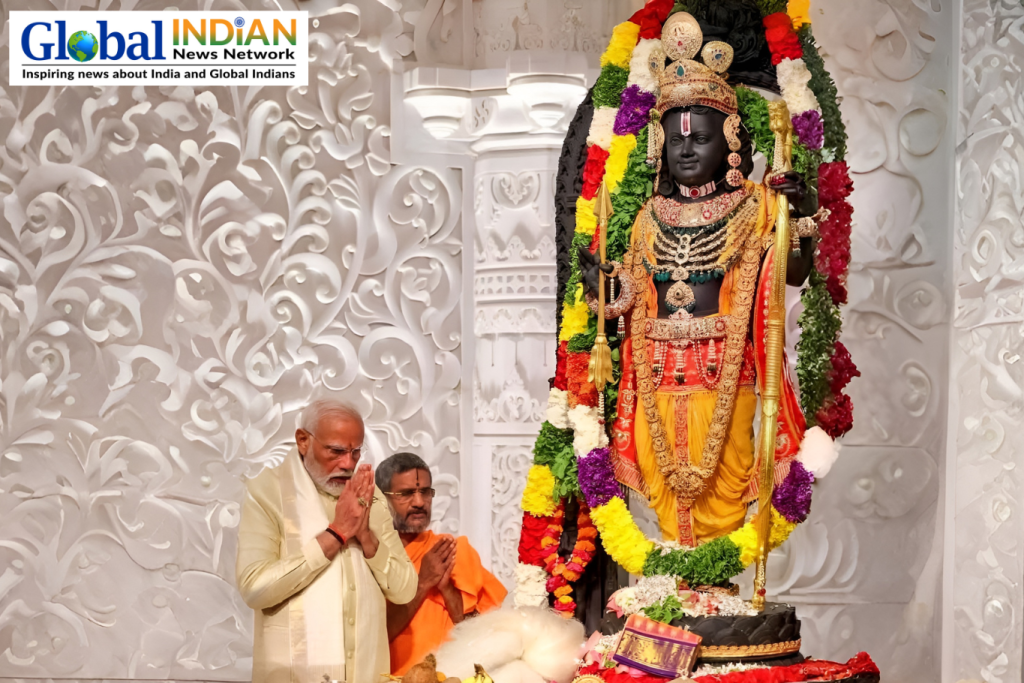
Retail giants are expanding their presence to religious destinations across India, seizing the opportunities presented by improved infrastructure and escalating tourism. This trend, outlined in a report by CBRE South Asia, signifies a mutually beneficial relationship between spiritual tourism and the retail industry. Brands spanning various sectors such as fashion, food, electronics, and homeware are adapting their offerings to cater to the specific needs of pilgrims, underscoring the symbiosis between the two sectors.
The report delves into key cities like Amritsar, Varanasi, and Ayodhya, which have become focal points of this retail boom. Retailers strategically adjust their strategies to align with the growing tourist population, operating in established mall clusters as well as high-street locations. Government initiatives aimed at promoting tourism and enhancing connectivity between pilgrimage sites further fuel this growth trajectory. Simultaneously, the rise of online retail platforms providing access to faith-based products amplifies the trend.
Ayodhya, for instance, has witnessed the expansion of renowned retailers like Manyavar, Reliance Trends, and Pantaloons, alongside familiar names such as Burger King and McDonald’s. Similarly, cities like Amritsar and Varanasi already boast the presence of established retail brands like Domino’s, Pizza Hut, and Croma. Spiritual tourism, long a cornerstone of travel in India, is facilitated by improved infrastructure, including upgraded transportation hubs and enhanced connectivity via highways and airports.
Furthermore, the evolving travel landscape caters to the preferences of younger generations seeking immersive cultural experiences and spiritual enrichment. This shift towards experiential travel is met with streamlined travel services, including online booking systems and tourist information centers, enhancing the overall journey. Meanwhile, hospitality companies are capitalizing on the demand in these cities by investing in new hotel projects, with prominent brands like Marriott and Hyatt expressing interest in entering this market.
Branded hotels are emerging as significant players, offering a blend of comfort and traditional hospitality tailored to the needs of spiritual seekers. Boutique and experiential hotels complement this trend by providing personalized services, curated spiritual activities, and authentic local experiences. This holistic approach ensures that the influx of tourists to spiritual destinations not only benefits the retail sector but also enhances the overall travel experience for visitors.









